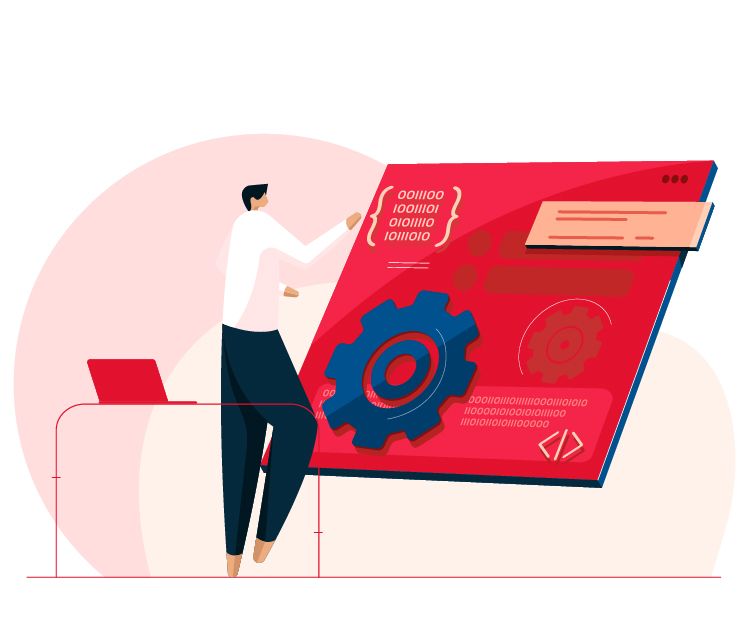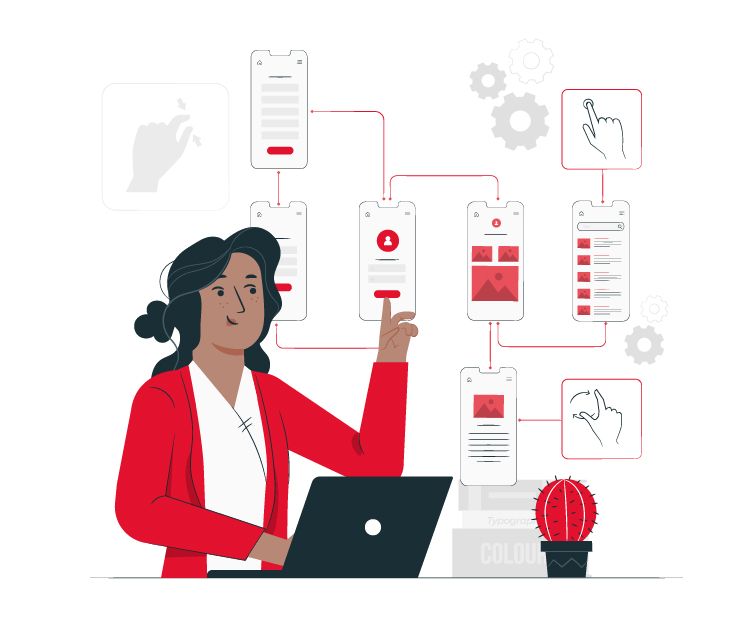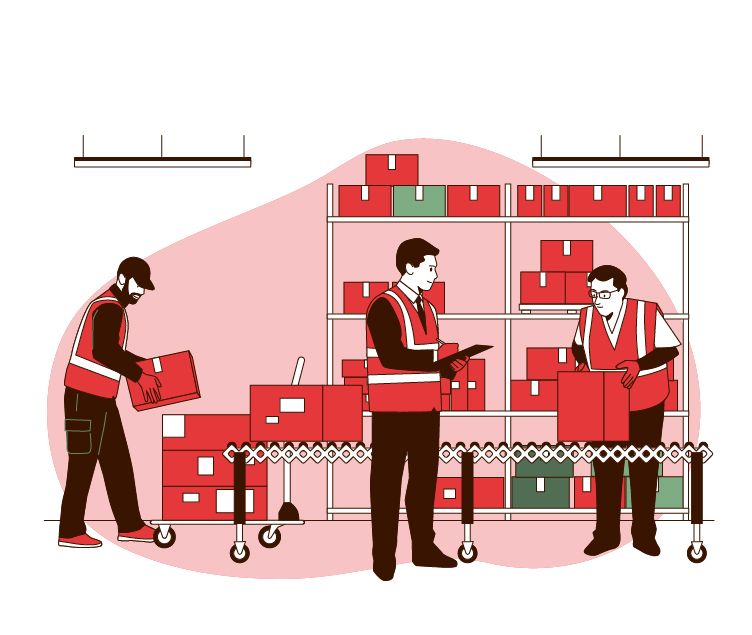Order Management and Supply Process
In order to successfully carry out the purchasing process, it is of great importance to plan orders correctly, monitor supply processes and work with the most suitable supplier. The Order Management and Supply Process Module ensures that the purchasing process is transferred to the order stage, that the most suitable supplier suggested by the system is worked with and that order processes are followed on a status basis.
Features
- Creating Item Based Orders
- Automatic Supplier Recommendation
- Contracted Order Management
- Automatic Order Conversion with Material Requirements Planning (MRP)
- Status Based Order Tracking
Creating Item-Based Orders
Orders are created separately for each material or service, allowing for more detailed management of processes. For each order item, information such as quantity, delivery date, unit price and payment terms are defined in the system.
Automatic Supplier Recommendation
The system recommends the most suitable supplier by evaluating criteria such as supplier performance data, price history and delivery times. In this way, order processes are accelerated and supply is provided with the best conditions.
Contractual Order Management
Orders can be created quickly in line with agreements made with existing suppliers. Special discounts, payment terms and delivery times are determined according to agreements and order processes are automated.
Automatic Order Conversion with Material Requirements Planning (MRP)
By working in integration with the material requirements planning module, automatic orders are created according to the stock levels determined in the system. Supply continuity is ensured thanks to planned purchasing processes.
Status-Based Order Tracking
Orders are tracked on the system by dividing them into stages such as "Created", "Awaiting Approval", "In the Procurement Process", "Delivered". Automatic notifications are sent to the relevant units for each stage of the order, facilitating process management.






